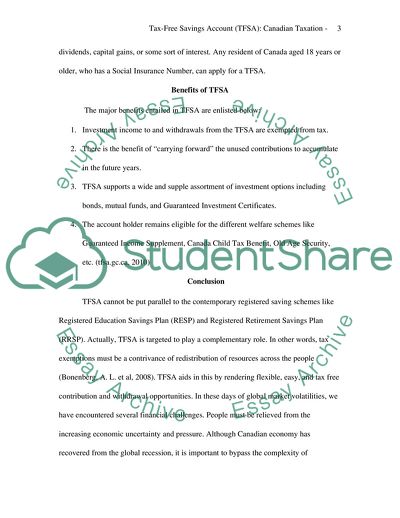Not Found (#404) - StudentShare. https://studentshare.org/macro-microeconomics/1738716-tax-free-savings-account-tfsa-canadian-taxation
Not Found (#404) - StudentShare. https://studentshare.org/macro-microeconomics/1738716-tax-free-savings-account-tfsa-canadian-taxation.


